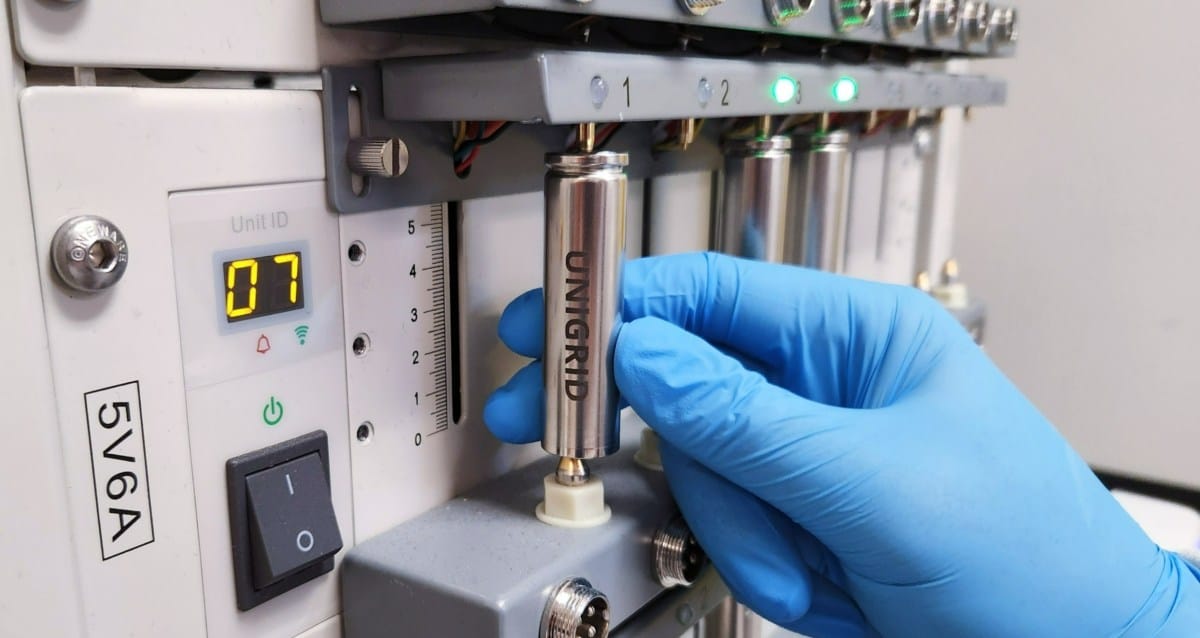Exploring the Future of Sodium-Ion Batteries

Introduction
Batteries play a crucial role in our modern world, but their costs have been a major barrier to widespread adoption. While lithium-ion batteries have been dominant, they are still relatively expensive, limiting their use in applications like home energy storage. To address this issue, manufacturers are now turning to sodium-ion batteries as a potential alternative or complement to lithium-ion.
Understanding Sodium-Ion Batteries
- Sodium-ion batteries offer a more affordable option compared to lithium-ion due to the lower cost of raw materials.
- However, current sodium-ion batteries are less energy-dense, making them unsuitable for electric vehicles.
- Batteries made with sodium-ion require different charging and discharging mechanisms, necessitating new electronics.
The Innovation Behind Unigrid's Sodium-Ion Batteries
- Unigrid has developed a new sodium-ion battery chemistry based on sodium-chromium-oxide and tin, offering a safer and more efficient alternative.
- These batteries are compact and lightweight, comparable in size to lithium-iron-phosphate cells.
- Unigrid's batteries deliver power output similar to lithium-ion, enabling the use of existing electronics.
Advantages of Unigrid's Sodium-Ion Batteries
- Enhanced safety features: Unigrid's batteries have a high thermal tolerance, significantly reducing the risk of fire.
- Versatile applications: These batteries are suitable for various settings, including buildings, hospitals, and data centers.
- Cost-effective manufacturing: Unigrid partners with existing battery manufacturers to scale production efficiently.
Market Opportunities
- Initial focus: Unigrid targets energy storage for buildings and small campuses.
- Diversification: Plans to supply batteries for light electric vehicles in regions with high temperatures.
- Potential for growth: Addressing the demand for safer battery options in markets prone to overheating.
Funding and Future Plans
- Unigrid secured a $12 million Series A funding round to support battery production.
- Timeline: Aim to bring sodium-ion batteries to market within the next five years.
- Collaboration: Working with investors and partners to accelerate commercialization and adoption.
In conclusion, Unigrid's innovative approach to sodium-ion batteries shows promise in addressing the cost and safety challenges of current battery technologies. By leveraging affordable materials and advanced chemistry, Unigrid aims to unlock new possibilities for energy storage and transportation sectors in the near future.


